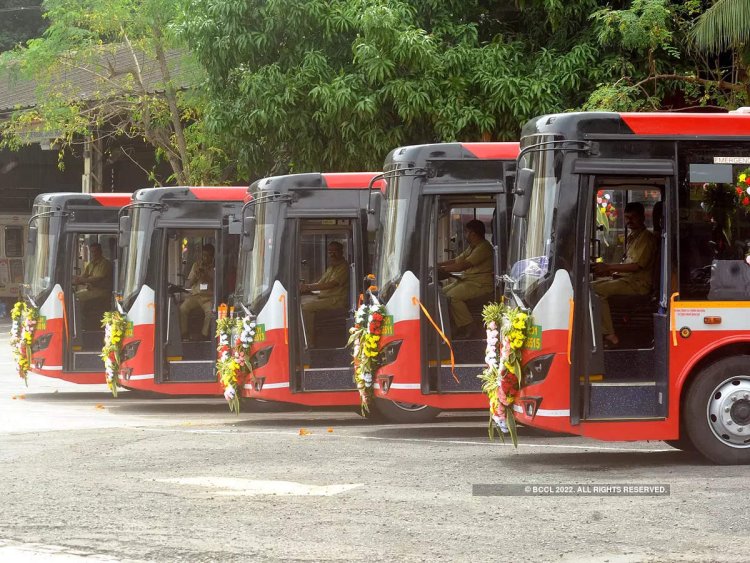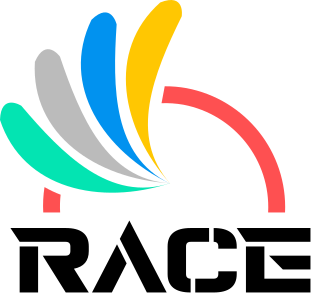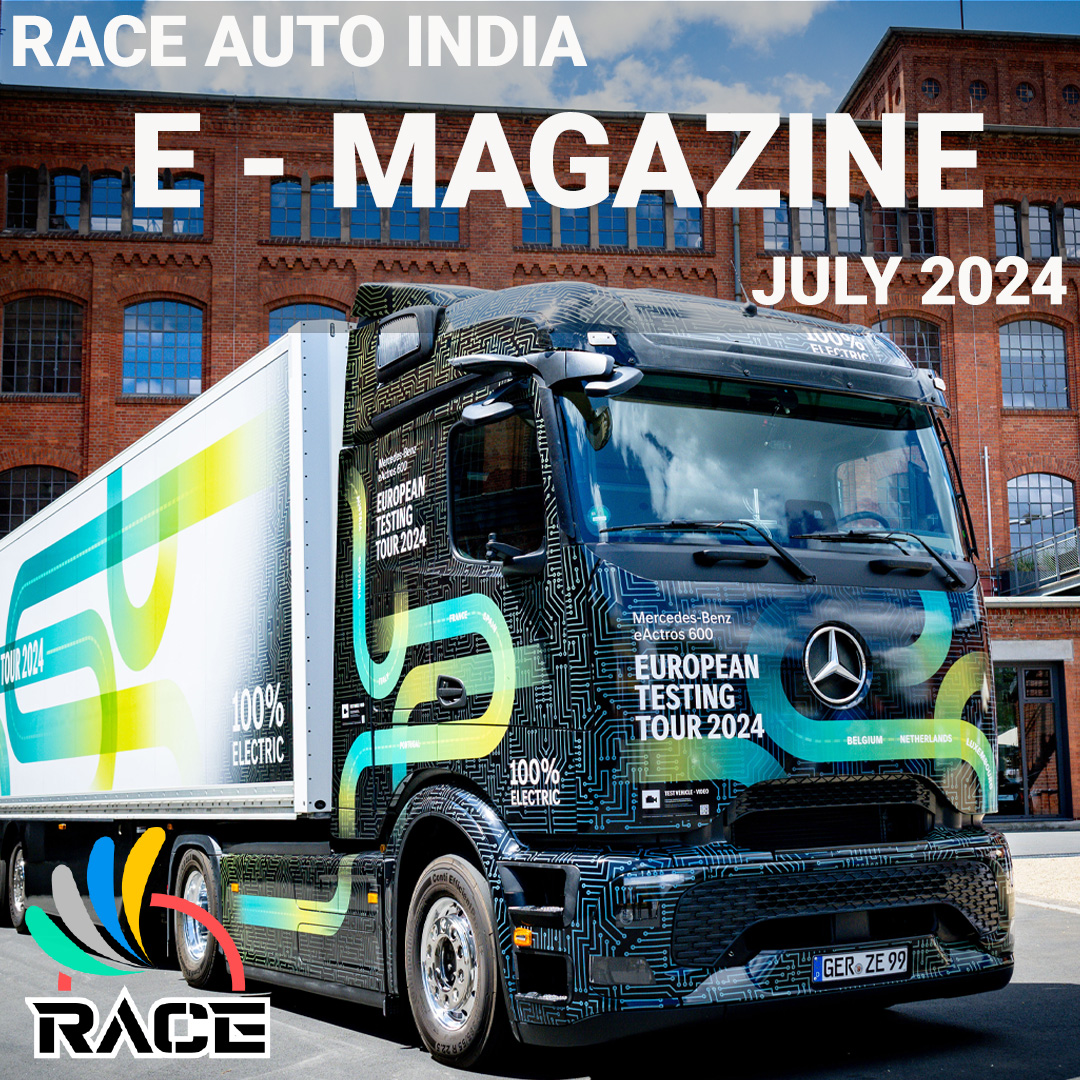CESL issues USD733.3mn tender to procure 5,580 e-buses
The cities to be covered under this ‘Grand Challenge’ are Bangalore, Delhi, Surat, Hyderabad, and Kolkata in the first phase. The first lot of e-buses are expected to hit the roads by July this year.

New Delhi - State-owned Convergence Energy Services Ltd (CESL)1 has floated a request for proposals (RFP) valued around USD733.3mn under “Grand Challenge” to fulfill demand for electric buses aggregated across five major cities, to procure 5,450 electric buses and 130 e-double-decker buses.
The grand challenge scheme aims to reduce the operating costs for cities, removing bottlenecks of procuring e-buses by State Transport Undertakings (STUs), instituting best in class practices, and operating standards and enabling operational and passenger efficiencies by evolving into a platform for modernisation of city bus. (covered in TBB India - Nov 2021 edition)
The cities to be covered under this ‘Grand Challenge’ are Bangalore, Delhi, Surat, Hyderabad, and Kolkata in the first phase. The first lot of e-buses are expected to hit the roads by July this year. The benefits of participating in the grand challenge include lower prices realised due to aggregated demand, high quality benchmarked technology, access to FAME-II incentives, access to state incentives, air quality improvement, and access to domestic and international sources of finances.
1Convergence Energy Services Ltd (CESL), a wholly-owned subsidiary of Energy Efficiency Services Ltd (EESL), a joint venture of public sector companies under the India Ministry of Power. It is focused on delivering clean, affordable, and reliable energy. Convergence focuses on energy solutions that lie at the confluence of renewable energy, electric mobility, and climate change.
2FAME India Scheme – The FAME India Scheme is an abbreviation for the Faster Adoption and Manufacturing of Hybrid & Electric Vehicles in India. This is an Indian government programme first introduced on April 1, 2015, to encourage manufacturers, component suppliers and other stake holders to invest in the manufacture, sale and support of hybrid and electric vehicles. Phase I of the original scheme ran for a period of two years i.e. April 1, 2015 to March 31, 2017, and then extended to March 2019. Under the FAME I scheme, USD123m was allotted out of the amount of USD 2.15bn(budgeted) set aside for this development. FAME phase II scheme with a fund allocation of USD 1.33bn from 1st April 2019 to 31st Mar 2022, and now it is extended till 31st March 2024.
3NEMMP was launched by the previous National Democratic Alliance (NPA) government in 2013 but was not implemented until the new government came into power (May 26, 2014). An agreement was signed off by Prime Minister, Modi, in Paris at the UN summit November 2015, which resulted in more initiatives with clear action plans. The proposal to encourage the uptake of electric vehicles is for vehicles to be sold without batteries at a 70% discount or subsidy equivalent. The batteries will be supplied and supported via a leasing model.


